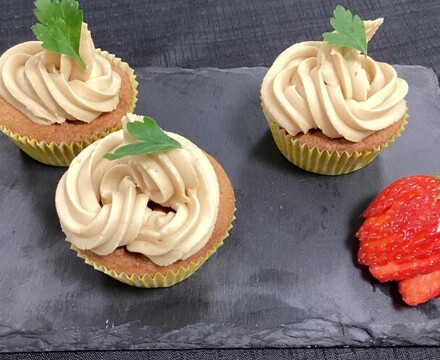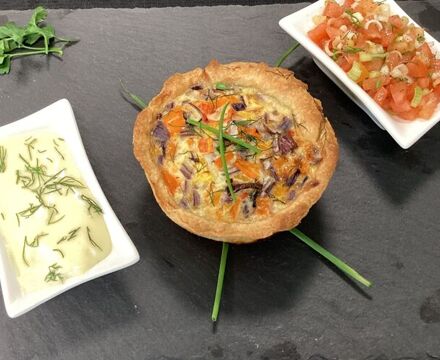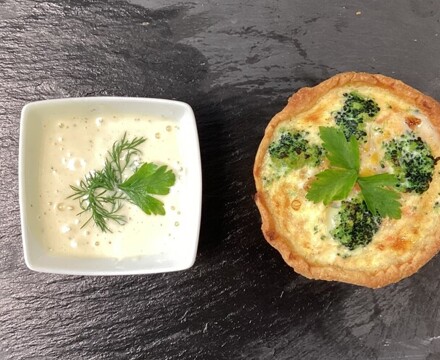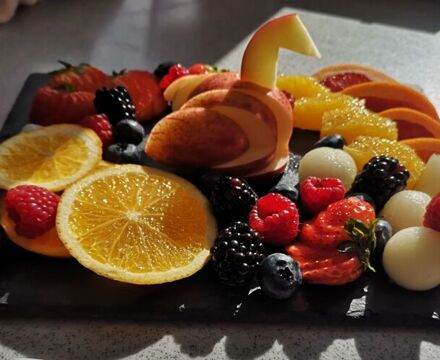- Home
- Curriculum
- Subjects
- Food & Nutrition
Food & Nutrition
Return to SubjectsHead of Department:
Mrs Laura Green
Department Aims:
The Food & Nutrition department at Robert May’s aims to help students develop their knowledge and the wide range of practical and organisation skills needed to prepare, cook and present high-quality food products which meet nutritional targets and promote good health, to feed themselves and others. Students will also acquire an understanding of the importance of food safety, food hygiene and food science.
For more information regarding topics covered in Food & Nutrition, please see the curriculum information and Learning Journey linked below
Reading List:
- Food Preparation and Nutrition ISBN: 978-1-908682-85-7 (Available digitally via RMS VLE)
- Food Preparation and Nutrition Revision Guide ISBN: 978-1-908682-87-1
- How Food Works (The facts Visually explained) ISBN:978-0-2412-8939-6
- The Science of Cooking ISBN: 978- 0-2412-2978-1
Useful web links:
Eduqas GCSE Food Preparation & Nutrition Food - A fact for lifeFood Standards Agency
Seneca Learning - Food Prep & Nutrition
Extracurricular and enrichment:
- Food for Fun Club
- KS3 RMS Great British Bake Off
- Year 9 Weekly Revision/Support after school sessions for GCSE students
| Subject Documents |
|---|
| Learning Journey Food Nutrition |
| Food & Nutrition Curriculum Information |








